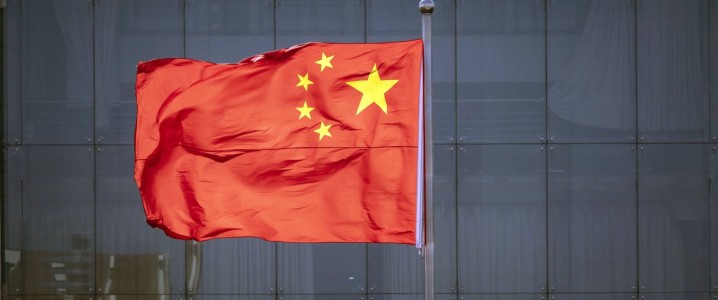China is considering easing its recently imposed export restrictions on rare earth elements for European semiconductor companies, Chinese media reported on Wednesday, signalling that Beijing may be attempting to stabilize global supply chains amid mounting tech industry panic.
In April, China added seven rare earth elements and related products to its export control list, making it mandatory for exporters to obtain licenses regardless of the end customer’s nationality. While some licenses have been granted, the complex and lengthy approval process has caused confusion at customs and raised alarms among European Union manufacturers.
The potential policy shift was discussed during a meeting hosted by China’s Ministry of Commerce, involving over 40 Chinese and European semiconductor firms. Officials clarified the application procedures for export licenses, signaling a possible relaxation of controls for companies within the semiconductor supply chain.
According to China Daily, Beijing stressed that it “opposes unilateralism and bullying practices”, and advocates for supply chain stability. A representative of UK-based Omdia tech research company told China Daily, “European semiconductor companies are very strong in industrial chips and auto chips. And China is the world’s largest auto market and a major automaker. As a result, almost for any European chip company, China is their biggest market.”
Reuters cited Jens Esklund, president of the European Union Chamber of Commerce in China, as emphasizing the urgency of streamlining the approval process to prevent disruptions in European manufacturing due to shortages of vital inputs.
Analysts note that China’s dominance in rare earth processing—accounting for over 95% of global production—positions it as a critical player in the semiconductor industry. The recent export controls have heightened concerns about supply chain vulnerabilities, particularly for European firms reliant on these materials.
By Charles Kennedy for Oilprice.com
More Top Reads From Oilprice.com

